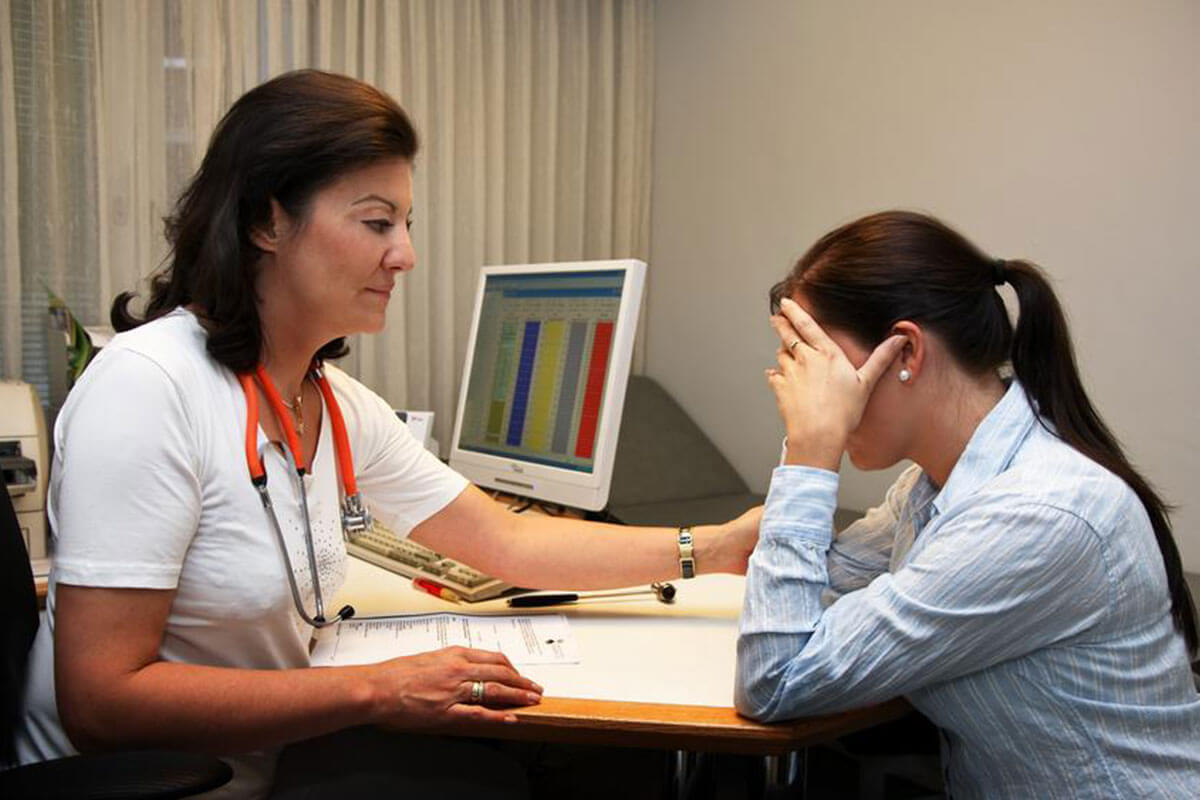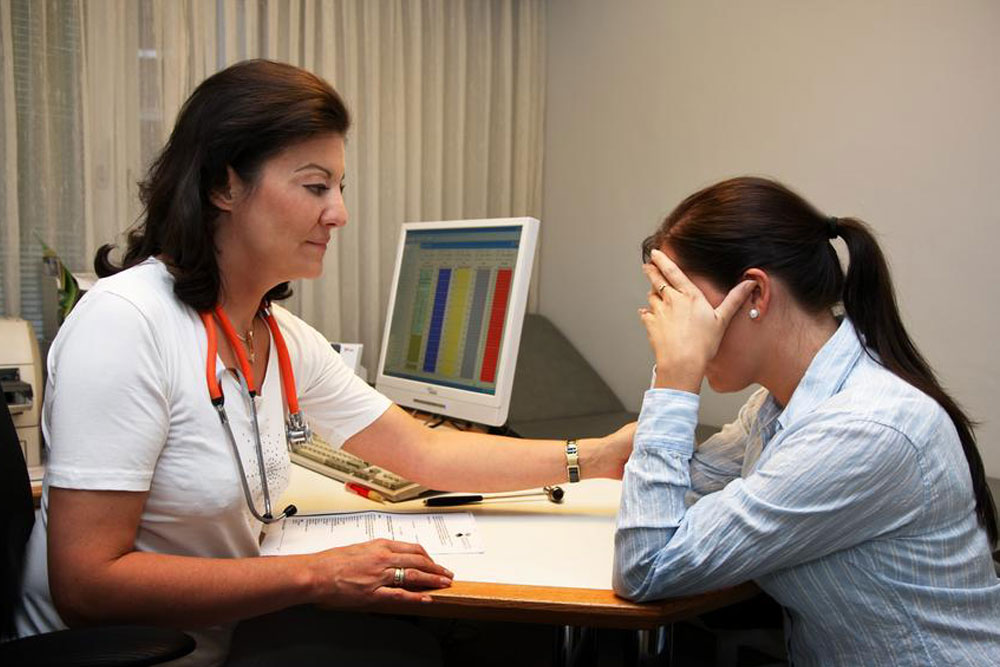Debunking Myths About Prostate Cancer
This article clears up common misconceptions about prostate cancer, emphasizing early detection and separating myths from facts. It highlights that symptoms don’t always appear early, PSA testing isn't the only diagnostic method, and cancer isn’t transmitted sexually. Consulting healthcare professionals is essential for accurate diagnosis and treatment. Stay informed to manage your health effectively.

Debunking Common Misconceptions About Prostate Cancer
Prostate cancer is treatable, especially when diagnosed early. If you receive a prostate cancer diagnosis, it can be overwhelming, impacting daily life. Unfortunately, several myths about the disease circulate widely. Educating yourself helps to distinguish facts from misconceptions. Here are some prevalent myths about prostate cancer:
Urinary symptoms are always present in prostate cancer
Many believe that absence of urinary issues rules out prostate cancer. However, early-stage prostate cancer often shows no symptoms, and tests like the PSA are crucial for detection.
Sexual activity can cure prostate cancer
While maintaining a healthy sex life can be beneficial for overall well-being, there is no scientific evidence suggesting that sex improves prostate cancer outcomes.
Prostate cancer spreads through sexual contact
Prostate cancer cannot be transmitted through sex. It develops due to abnormal cell growth within the prostate gland, not through contact.
PSA testing is the sole method for diagnosis
Though PSA tests are useful, diagnosis often involves additional procedures such as biopsies and digital rectal exams for confirmation.
A normal DRE indicates no cancer
Digital rectal exams are helpful but not definitive; they detect only about half of prostate cancer cases, and further testing is usually necessary.
Understanding these myths helps in making informed decisions. Always consult healthcare professionals for accurate diagnosis and advice.










